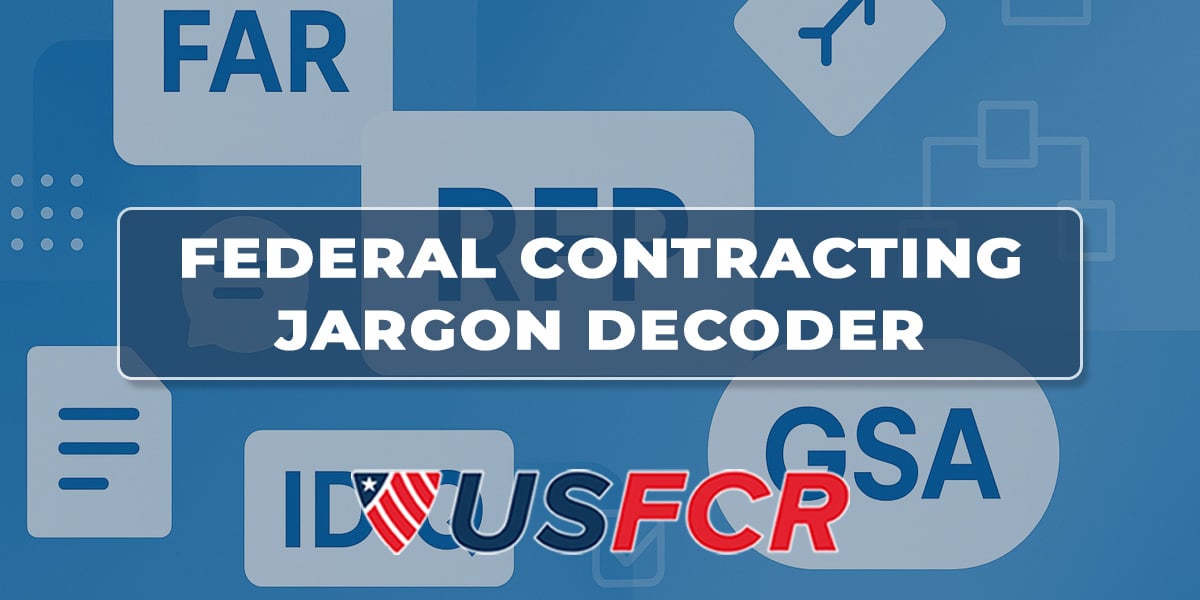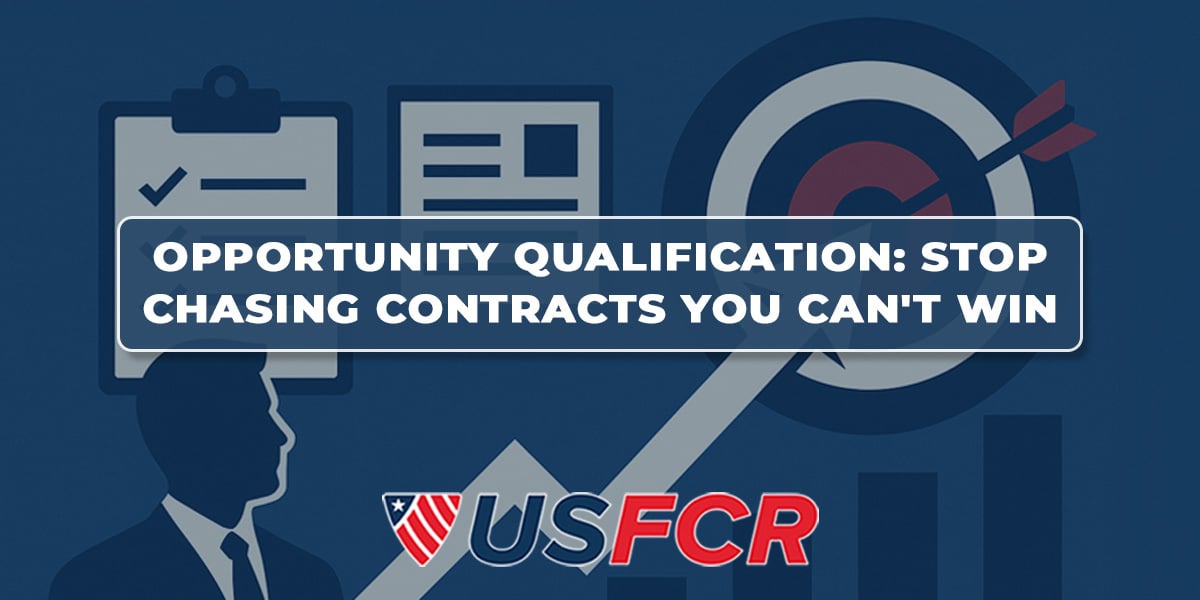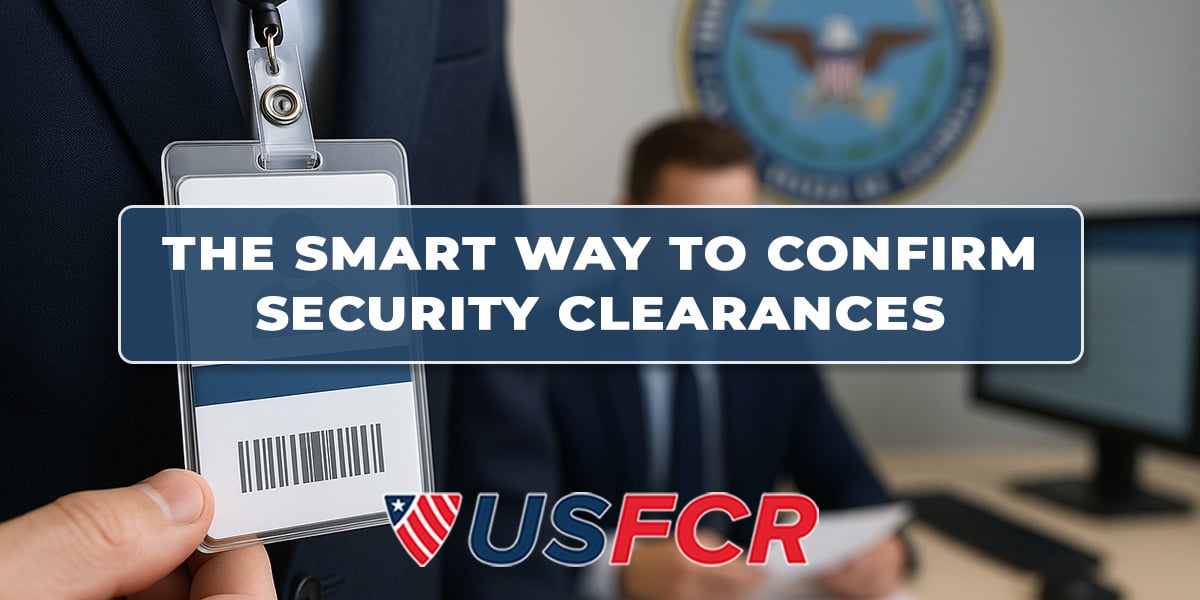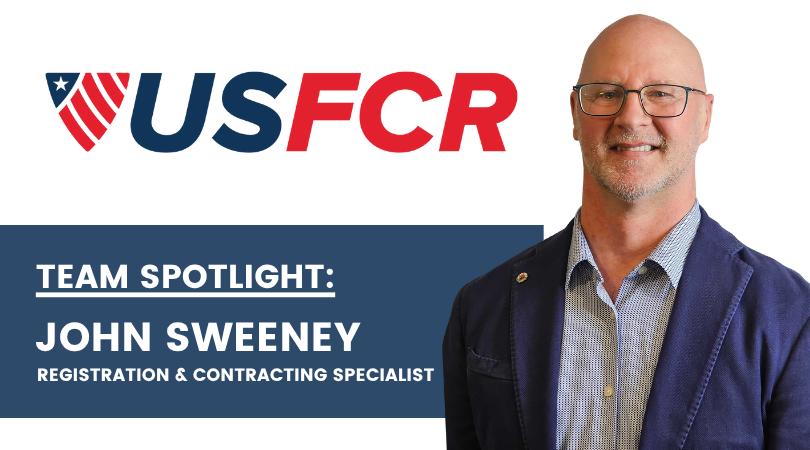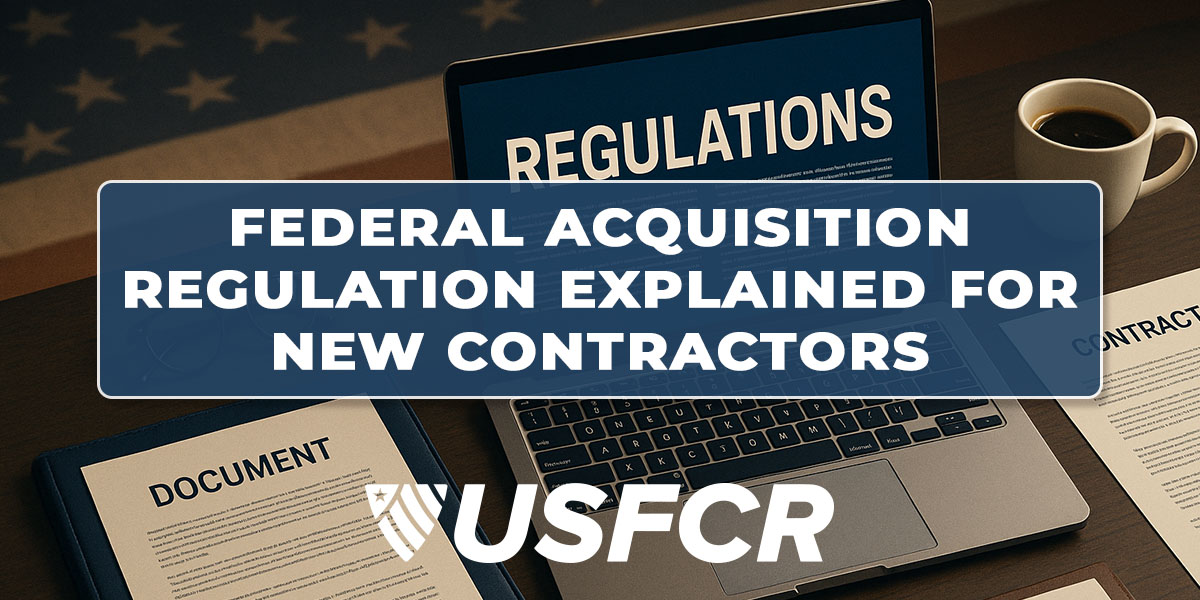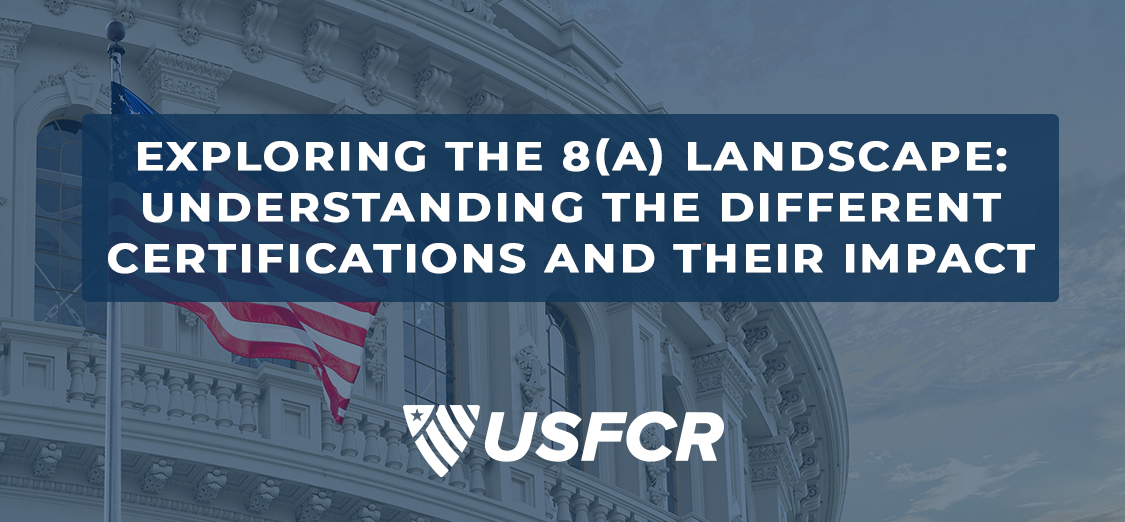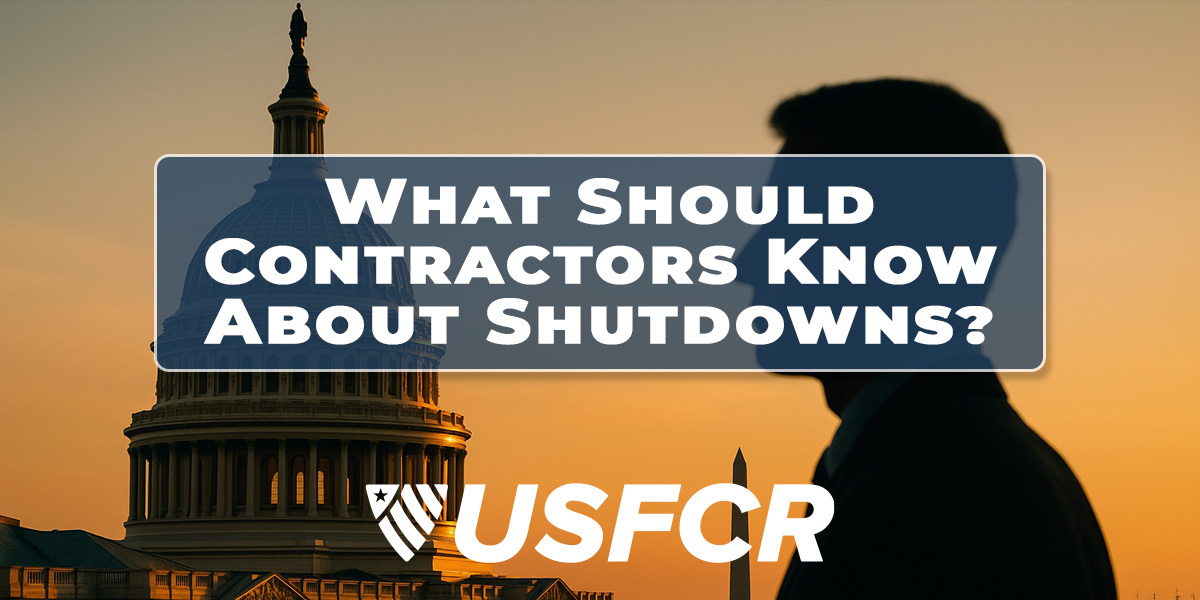Then you join a federal contracting project, and suddenly everyone's speaking a different language. Your PM talks about "FFP contracts under a MAC IDIQ" and "the CO needs your COR to approve the CDRL before the CLIN can close." You nod along, hoping context will make it clear.
It doesn't. And now you're in a meeting where understanding the procurement language actually matters to your work.
Here's your decoder. Not every federal contracting term exists (there are hundreds), but these are the ones technical professionals actually need to understand to work effectively on federal projects.
